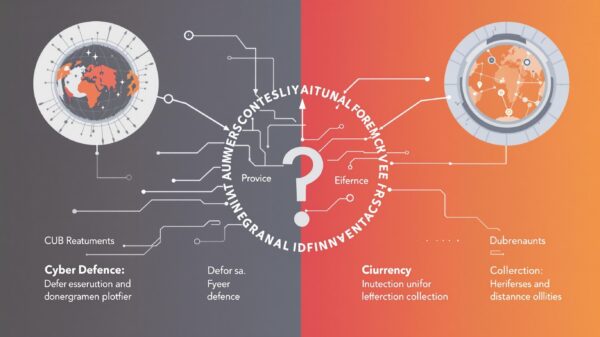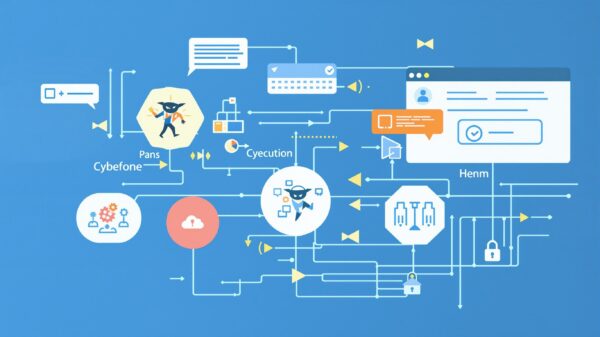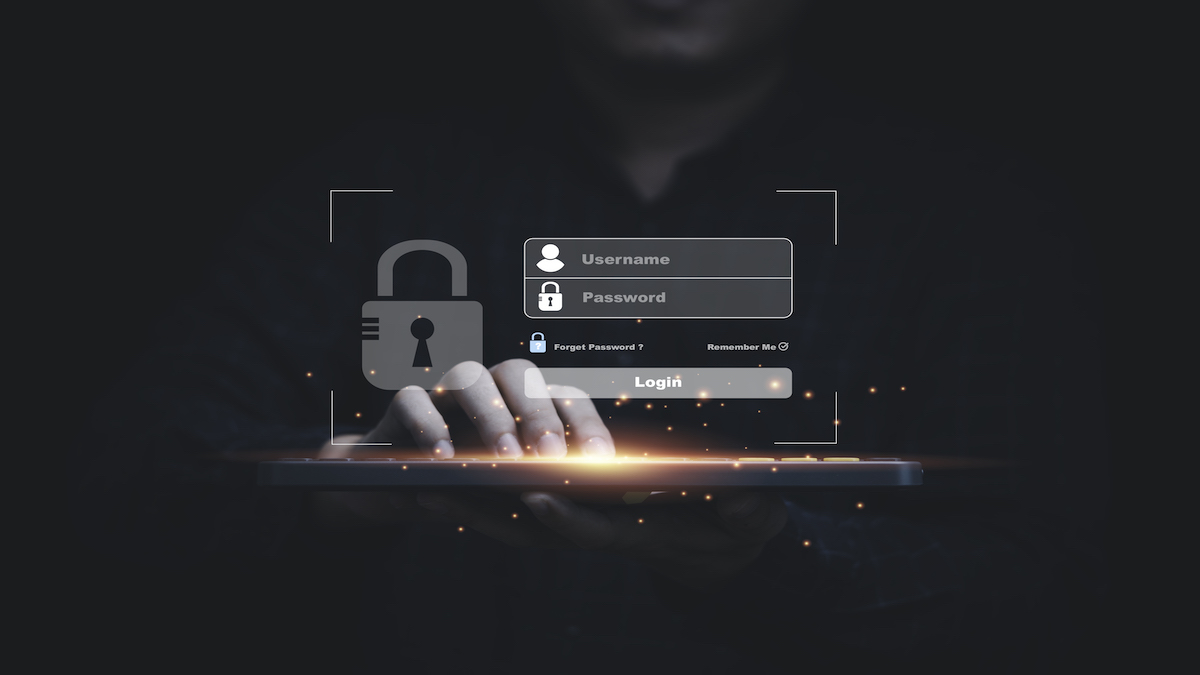The digital age has its fair share of benefits and challenges, and one prominent challenge is cybercrime. In recent years, we have witnessed a significant surge in cybercrime, causing governments and organizations to prioritize cybersecurity. Cybercrime investigators play a vital role in this fight, working at the intersection of cybersecurity and criminal justice to identify and prosecute digital criminals. This article will delve into the fascinating world of cybercrime investigators, their roles, and the invaluable contribution they make in ensuring the safety and security of both public and private sectors.
Roles and Importance of Cybercrime Investigators
Cybercrime investigators focus on analyzing digital evidence for prosecuting cybercrimes, requiring strong technical skills and an in-depth understanding of investigative protocols. As cybercriminals become increasingly sophisticated, investigators are faced with threats from various sources, including overseas adversaries and terrorists. Both private and public sectors, including companies and universities, are the usual targets for cyberattacks due to their repository of confidential and valuable data.
Cybercrime investigators are essential in the broader context of cybersecurity, and their expertise spans across various operations in this domain. They are particularly skilled in probing into internet-based criminal activities to uncover hidden cybercrimes, which differentiates them from computer forensics investigators.
Distinct Expertise
Cybercrime investigators boast of a unique set of skills that enable them to function effectively at this critical junction of cybersecurity and criminal justice. Their expertise essentially revolves around the various aspects of internet-based criminal activities, which differentiates them from computer forensics investigators. Cyber intrusions have been escalating in frequency and complexity, pushing investigators to continuously refine and improve their methods of combating these threats.
Targets of Cyber Crime and Its Analysis
While cybercrime investigators work to protect a wide range of entities, certain organizations and institutions are at a higher risk of cyberattacks due to the valuable and confidential data they possess. Amongst these are private companies and universities, which are particularly vulnerable to cybercrimes.
The nature of these attacks has become more complex over time, transforming the role of cybercrime investigators from what was previously a reactive one into a proactive one. They now focus on predicting and preventing such crimes in addition to prosecuting them, which demands continuous skill development and evolving methodologies.

Digital Evidence in Cybercrime
Digital evidence plays a pivotal role in the field of cybercrime investigation. The preservation and recovery of this evidence are crucial for prosecuting criminal cases like identity theft, online child exploitation, and many others within the digital realm. Cybercrime investigators dedicate significant effort to acquiring, analyzing, and maintaining digital evidence for efficient prosecution. This process also involves understanding and applying the legal concept of “chain of custody” to maintain the integrity of the investigation process.
Educational Pathway for Cybercrime Investigators
Educational qualifications for cybercrime investigators typically include a bachelor’s degree in criminal justice or cybersecurity. However, many investigators start with an associate degree and transfer to four-year programs later. According to Cyberseek, a majority of cybercrime investigators (59%) hold bachelor’s degrees, while 21% possess master’s degrees and 20% have associate degrees.
These programs provide investigators with the foundational knowledge required to understand internet-based criminal activities and prepare them to utilize specialized software tools and techniques in their work. Additionally, an advanced degree can help investigators secure higher-level positions within their organizations.
Career Progression and Titles
The pathway to becoming a cybercrime investigator is often a gradual one that starts within a cybersecurity team. Gaining several years of experience in various cybersecurity roles lays the groundwork for specializing in cybercrime investigation.
Relevant job titles in the path towards becoming a cybercrime investigator include Geek Squad agent, network analyst, and various security analyst and engineer roles. Each role equips an aspiring investigator with unique perspectives and skills that render them better equipped to handle the complexities of cybercrime cases when they eventually step into the role of a cybercrime investigator.
Required Certifications and Practical Experience
Having the right certifications is one way for cybercrime investigators to distinguish themselves in their field. Key certifications beneficial for investigators include Certified Information Systems Security Professional (CISSP), Certified Ethical Hacker (CEH), EnCase Certified Examiner (EnCE), Global Information Assurance Certification (GIAC), and Certified Information Privacy Professional/U.S. (CIPP/US).
Practical experience is of critical importance due to the cross-functional nature of the cybercrime investigator role. Experiences in cybersecurity or criminal investigations contribute immensely to the knowledge and expertise of professionals in this field.
Skills Required and Projected for Cybercrime Investigators
To excel as a cybercrime investigator, it is necessary to possess various essential skills, such as vulnerability assessment, information systems, computer science, auditing, and risk management. Proficiency in these areas enables investigators to take on complex and sophisticated cybercrimes that span multiple domains and technologies.
Additionally, projected skills like threat hunting and intelligence are expected to grow in importance as cybercriminals continue to innovate and develop new attack methods. Staying ahead in the game requires cybercrime investigators to be proactive and well-versed in the latest developments in the field.

Working Settings and Typical Roles of a Cybercrime Investigator
Cybercrime investigators may find themselves employed in various settings, such as law enforcement agencies, consulting firms, or businesses. Private companies often hire investigators to augment or lead their cybersecurity teams, placing eminence on understanding their systems better.
Some familiar roles in a cybercrime investigator’s career include ethical hacking or “white hat hacking” and penetration testing to identify potential security gaps and vulnerabilities within an organization’s digital infrastructure.
Responsibilities and Duties of a Cybercrime Investigator
A cybercrime investigator is expected to perform multiple responsibilities that range from analyzing systems post-breach and recovering data to collecting evidence and reconstructing cyberattacks. These professionals must also be prepared to provide testimony in court proceedings to substantiate claims of cybercrimes and establish the means through which they were executed.
The global nature of cybercrime necessitates that investigators combine their cybersecurity and investigative skills while adeptly operating within a multi-jurisdictional context. The ability to work seamlessly across borders and handle legal and regulatory complexities is crucial to the success of their investigations.
Conclusion
In conclusion, cybercrime investigators play an increasingly essential role in the public and private sectors, combating sophisticated cyber threats that cause billions of dollars in damages annually. These investigators use their unique skill sets to bridge the gap between cybersecurity and criminal justice, ensuring that organizations are protected from both current and emerging internet crimes.
As cybercriminals continue to refine their methods of exploiting digital vulnerabilities, the need for talented, dedicated, and skilled cybercrime investigators will only grow in the future.






















